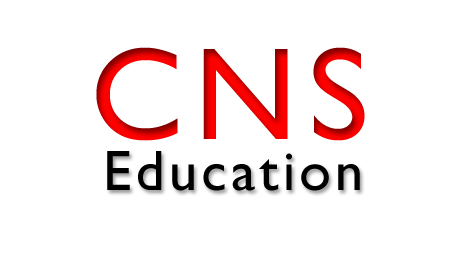WASHINGTON – Teachers need more training to help students learn key science, technology, engineering and math skills, Maryland’s school superintendent said Tuesday.
“One of the things we have to do as a school system — and we’re taking full responsibility for that — is looking at the ways that we are preparing our professionals to train our students,” superintendent Lillian Lowery said at a forum on STEM education in Washington.
Especially in elementary schools, where teachers are required to cover multiple subjects, Lowery said it is challenging to create professional development opportunities focused on those skills.
The teacher development program needs to be redesigned to incorporate more STEM skills, beginning with elementary school teachers, Andrew Zuckerman, associate superintendent for Prince George’s County Public Schools, said at the forum.
School districts need to make sure “that our teachers are well-prepared to teach science and math at a much more rigorous level,” Zuckerman said.
Teachers are also not being prepared to teach STEM topics using modern technology that students are now accustomed to using, said Chad Womack, director of STEM education initiatives at the United Negro College Fund.
Lowery said that new programs that standardize the curriculum for math, English and science that have been adopted by school systems nationwide will also bring more training opportunities for teachers.
In 2012, for the fifth consecutive year, Education Week ranked Maryland’s public school system as the best in the country. But Maryland schools are not as strong on science education. Maryland 8th graders ranked 30th nationally on science proficiency in 2011, according to National Assessment for Educational Progress test data collected by the National Center for Education Statistics.
Within Maryland counties, some schools do a better job of teaching science than others because of special programs.
“Our challenge is going to be even if we have pockets of excellence…how do we bring this to scale for every child,” Lowery said.
And every child must be reached, she said, because STEM knowledge is required for a range of modern jobs, not just for careers in rocket science. Jobs like plumbing and auto repair require an understanding of science and technology, too.
“We have to start thinking about STEM in ways that are practical,” Lowery said.

